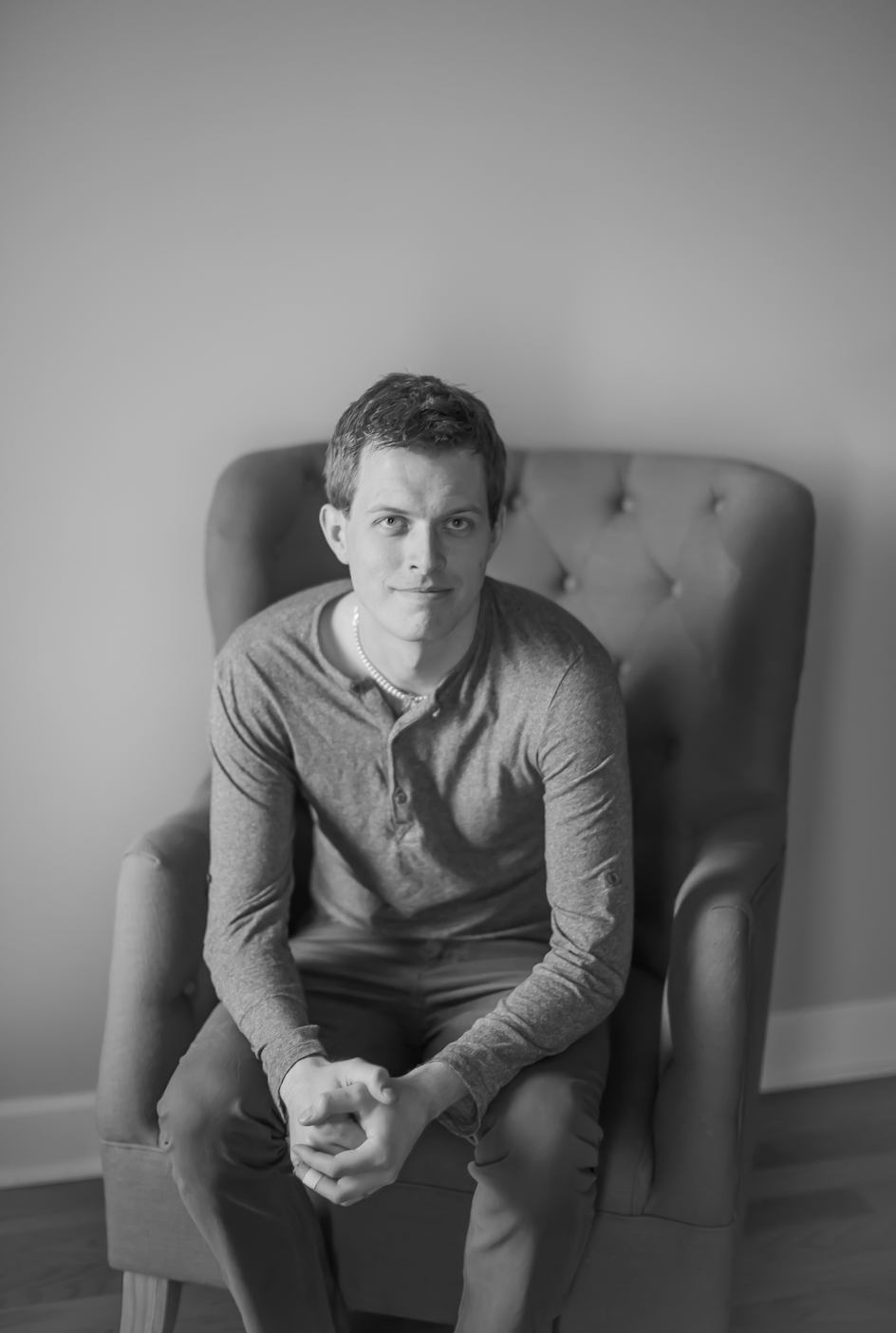For Nashville Musician and Real Estate firm Founder Matt Kirkegaard, growing your company and giving back to your community aren’t exclusive pursuits. Instead, he sees the goals — the same ones that get him out of bed each morning — as working hand-in-hand. As he says, “having material success without sharing with others is not true success.”
When running his top-selling luxury property firm Movement Property Group (Keller Williams) and considering new initiatives, he asks himself two questions, ‘does this make sense from a business perspective?’ and ‘does it have a positive impact on my community?’ If the new idea doesn’t elicit a yes to both questions, he goes back to the drawing board to figure out how it can meet both purposes.
Maybe this is why his firm is so successful. It makes multi-million-dollar profits, enjoys the best reputation among Nashville’s luxury buyers, and Kirkegaard himself has been named as one of the top 100 real estate professionals in Tennessee.
Lifting Up Others
To help him meet his dual goals, he created the LiftUp Initiative, Movement Property Group’s fund to assist local residents struggling to pay their mortgages or rent for reasons beyond their control.
For those outside the company, there are two ways to help Kirkegaard give back. You can visit the form on his website and nominate a worthy individual or family in need of assistance, or you can contract with Kirkegaard and allow him to be the exclusive agent for a property you are selling or for one you hope to buy.
If you’re asking yourself how that helps the community, let us explain. For each successful closing Kirkegaard and his team perform, he diverts 10% of the profits into the LiftUp fund. From there, it is dispersed to needy local residents.
His clients report that it feels terrific to know that you are doing good for your community while also buying the home of your dreams or selling that property you’ve outgrown.
It’s an admirable system. So we asked Kirkegaard for his top three tips on how entrepreneurs and business owners can scale their companies while also serving their communities.
Do What You Know
It’s an old saying, but one that is as true today as ever before: charity starts at home. Kirkegaard made his charitable focus one closely related to his own business: real estate transactions and the potential need within that space.
This decision helps in two ways. Firstly, it helps align your company’s name with good works in the same field where you make money, making it a very on-brand endeavor. Secondly, you are likely already an expert in that sector. You know where people struggle in your business niche.
For example, if you work in HVAC, you could offer heating assistance to a few needy families in the winter. If you own a grocery store, sponsor local underserved families with Thanksgiving dinners with all the fixings.
This leads nicely into the founder’s next piece of advice.
Don’t Be Afraid to Start Small
Not every company has the funding or staffing to spearhead large-scale community-serving programs. Kirkegaard completely understands that. “When I first moved to Nashville, I lived in my car. I was homeless for a year and a half. So I uniquely understand what it’s like to have little to give and what it’s like to need. I also acutely remember the people and businesses that lent a helping hand. I still patronize many of those businesses today!” he shared.
If your company is a small operation, start small. For example, try an afternoon of volunteer work at a homeless shelter or a few days helping on a Habitat for Humanity project. Every little bit helps.
Consider the Other Benefits of Charity
Instead of thinking of hours spent doing charitable work as ones you are not spending scaling your company — think again. Kirkegaard shared that good deeds get noticed. When potential clients learn about the community work that your company does, it often brings them running to your door. “People admire those that help others. They want to spend their money with companies that have great values,” he said.
Another benefit is the bonding experiences that teams have when they work together to do something good for others. For example, Kirkegaard noted how much closer his agents became when they put sweat-equity into a local project. It boosts personal confidence and improves team morale.
Now those are important lessons we can all apply and feel great about.
About Matt Kirkegaard and Movement Property Group
Movement Property Group (Keller Williams), created by musician and real estate agent Matt Kirkegaard, specializes in luxury and affordable housing throughout most of Tennessee, including East and West Nashville, where the company is headquartered. Kirkegaard is accompanied by Ruben Juarez and Aaron Ammon at Movement Property Group. Kirkegaard and Co. strive to make the home buying and home selling processes as efficient and effortless as possible. For more information and to see Movement Property Group’s impressive real estate inventory, please visit https://movementpropertygroup.com/




